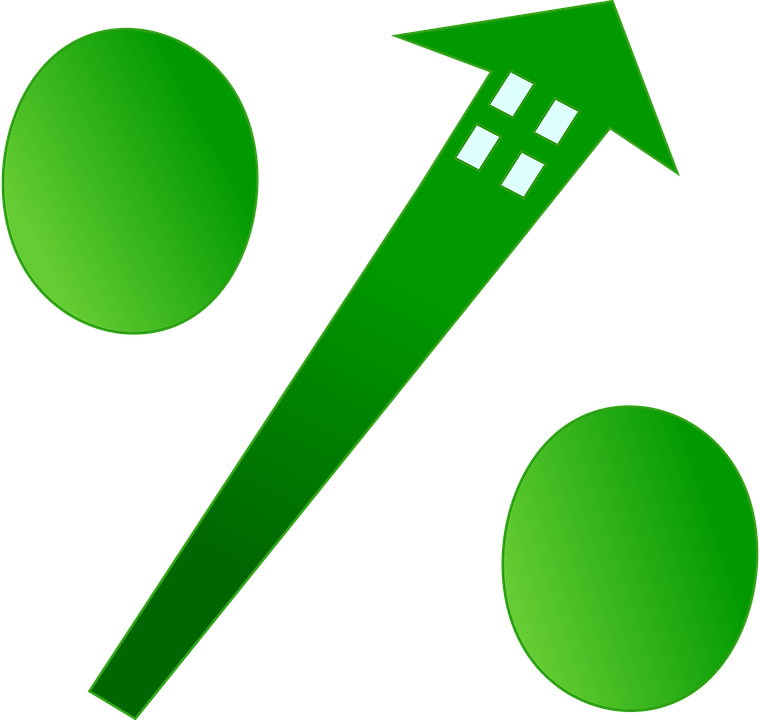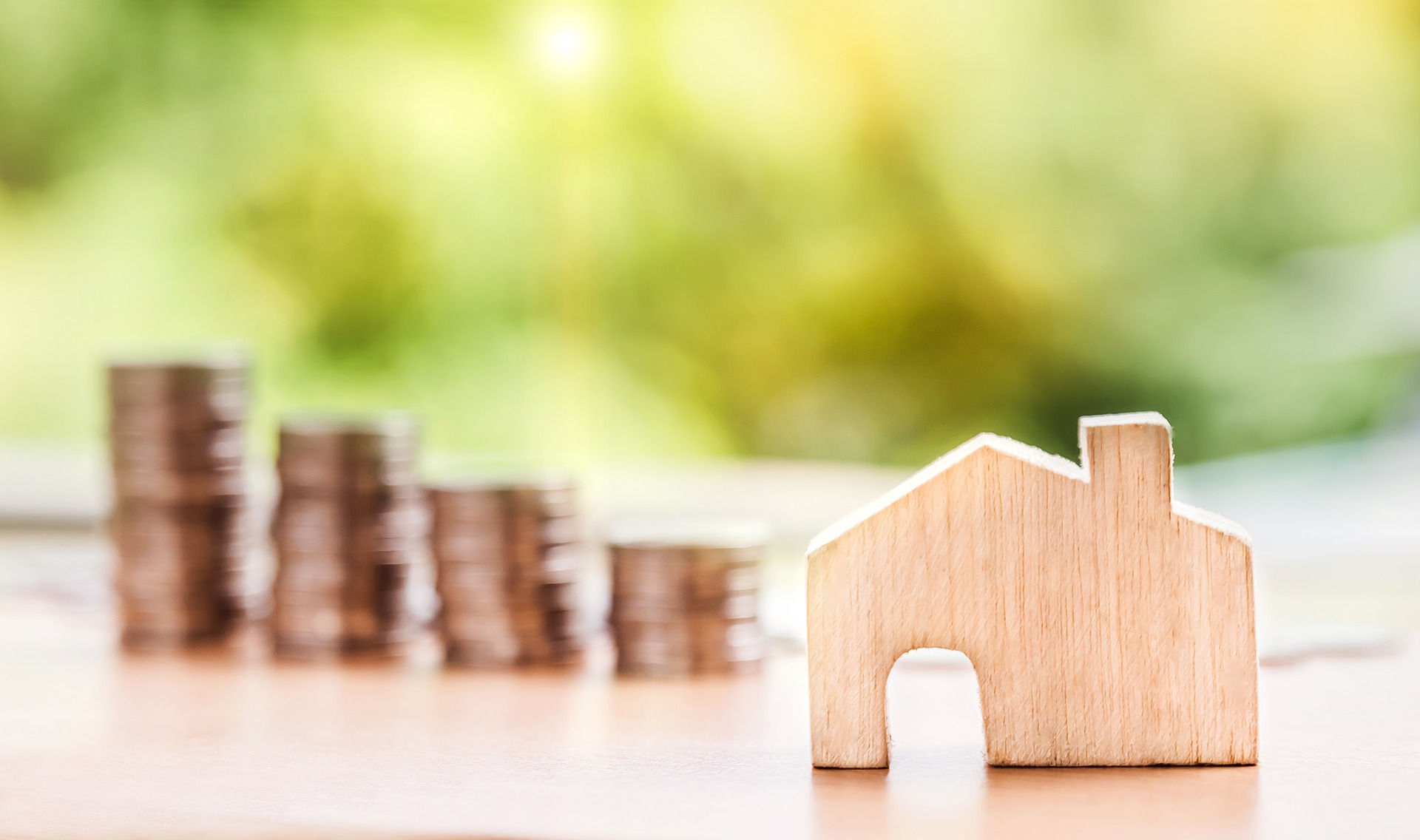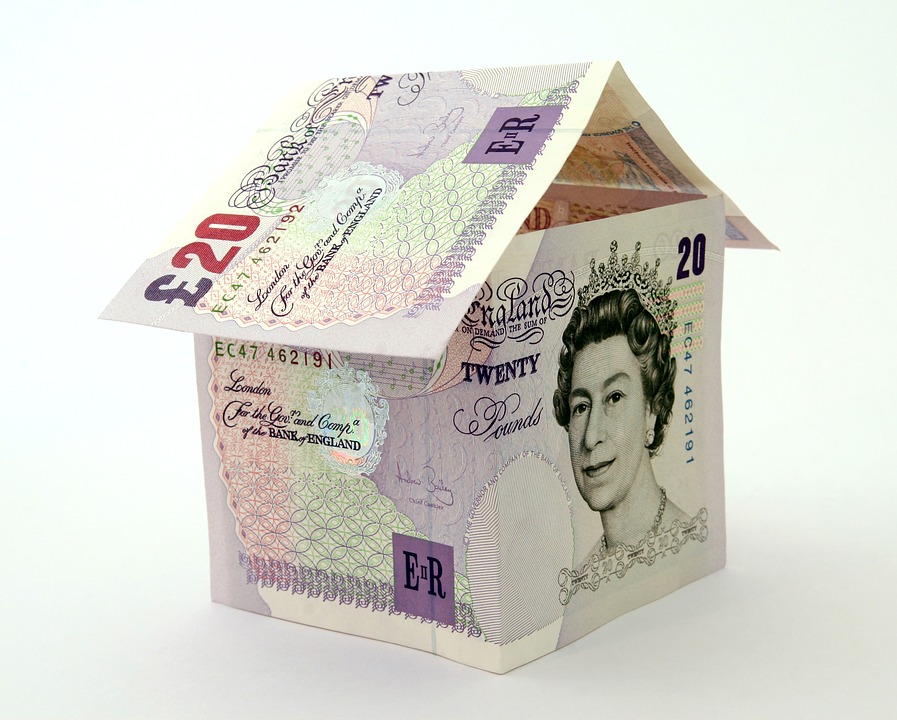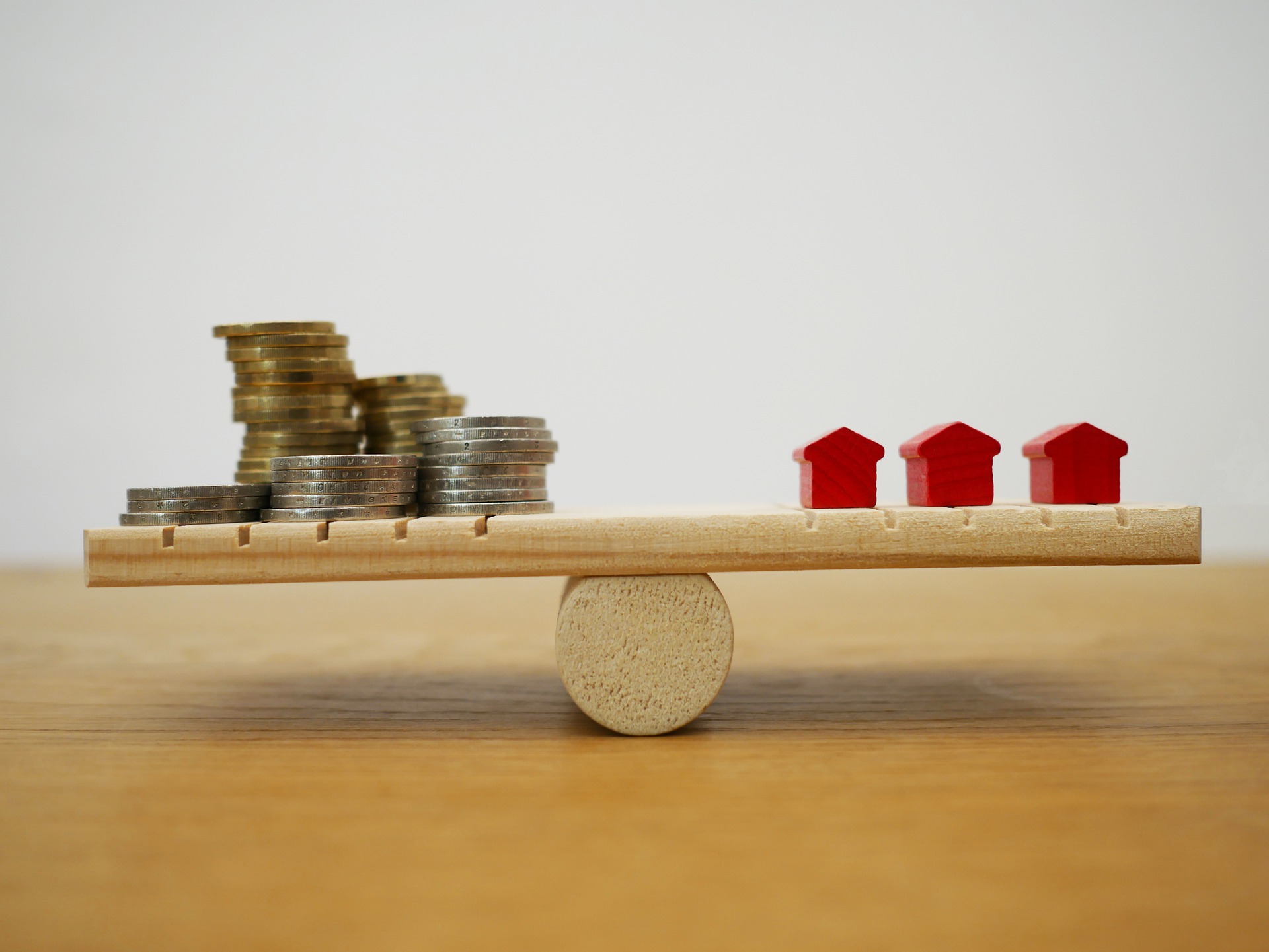House prices should inflate by 4% in 2021, Rightmove’s House Price Index found.
The firm said housing will be a high priority for people but price rises for newly marketed properties should be more modest than this year.
Prices this year have jumped by 6.6%, while the first quarter of next year is expected to be very busy due to the stamp duty deadline.
After that however it’s expected that things slow down, though cheap mortgage rates should continue to support the market.
To find out more about how we can assist you with your Mortgage requirements, please click here to get in touch
Jeremy Leaf, north London estate agent and a former RICS residential chairman, said: “Interestingly, Rightmove is forecasting solid price growth for 2021, despite activity clearly slowing as 2020 draws to a close.
“At the coalface, we are experiencing much the same but expecting a busy first quarter as buyers and sellers rush to take advantage of the stamp duty concession. However, we don’t anticipate a cliff-edge scenario at present.
“Nearly all sales agreed seem to be proceeding to exchange of contract, unless exceptional circumstances prevail and prices are not being widely renegotiated in anticipation of a market fall due to Brexit, the pandemic or potentially worsening economic news.”
The possibility of the stamp duty holiday being extended was discussed once again.
Read about the UK Housing Market via our Specialist Residential & Buy to Let Division
Sam Mitchell, chief executive of online estate agent Strike, said: “It’s hard to predict what will happen in the next few months, particularly with so much uncertainty around Brexit deal talks and rising unemployment levels as a result of the pandemic.
“However, people’s increased home working flexibility and desires for more space and rural locations is likely to keep demand ticking by. Plus, the recent breakthrough with the vaccine news has injected a newfound confidence in those who might have been on the fence about buying or selling.
“There’s no doubt that the government will also continue its commitment to the country’s economic recovery with continued support for the UK property market included.
“Who knows, maybe they’ll consider an extension to the stamp duty scheme or turn their focus back to helping first time buyers get a foot onto the property ladder.”
Tomer Aboody, director of property lender MT Finance, said: “What a crazy year it has been for the property market, one which has to go down on record as the biggest rollercoaster in terms of market sentiment, transaction numbers and even a complete standstill.
“Whether we ever see this again, who knows but what is for sure is that buyers’ demands and priorities have changed. Space is at a premium, with families especially prioritising the commuter belt and local village amenities.
“Confidence is set to continue for the first quarter of next year until the furlough scheme ends and possibly stamp duty relief at the end of March. Thereafter, we are at the government’s mercy – will it extend the stamp duty holiday and extend the feel-good factor for the market?”
BY RYAN BEMBRIDGE
Source: Property Wire
Discover our Mortgage Broker services.






